Residential electricity rates have risen significantly across the United States, increasing by more than 30 percent on average in just five years, according to recent data. This surge in power bills has had a notable impact on the recent elections, with Democrats successfully connecting clean energy to household expenses and using it as a key attack line against their opponents.
In the recent off-year election, Democrats focused on the issue of affordability, particularly when it came to electricity costs. The party's message resonated with voters, who largely blamed President Donald Trump for the rising prices. However, voters also recognized that state and local officials play a crucial role in determining utility bills.
According to Umair Irfan, a correspondent at Vox who covers climate change, energy policy, and science, the Democrats' approach to clean energy proved to be a winning strategy. "Connecting clean energy to household bills proved to be a successful way to win voters in the elections across the US on Tuesday," Irfan said in an interview.
The issue of rising electricity costs has been a pressing concern for many Americans, particularly in states where power bills have increased significantly. For instance, in California, residential electricity rates have risen by over 40 percent in the past five years, making it one of the most expensive states in the country.
The Democrats' focus on clean energy and affordability has also been driven by the growing awareness of the need to address climate change. As Irfan noted, "Climate change is a pressing issue that requires immediate attention, and clean energy is a key part of the solution."
In addition to the Democrats' success in connecting clean energy to household bills, the issue of rising electricity costs has also been a concern for Republicans. Some Republican officials have argued that the increasing costs are due to a combination of factors, including the growing demand for electricity and the need to invest in new infrastructure.
However, Democrats have countered that the rising costs are largely due to the Trump administration's policies, which they argue have failed to address the root causes of the problem. As one Democratic official noted, "The Trump administration's lack of action on climate change and clean energy has led to higher electricity costs for American families."
The recent election results have significant implications for the future of clean energy policy in the United States. With Democrats successfully connecting clean energy to household bills, it is likely that the party will continue to prioritize the issue in the coming years. As Irfan noted, "The Democrats' success in the elections suggests that clean energy will remain a key part of the party's agenda in the years to come."
In the coming months, lawmakers will likely focus on developing policies to address the rising costs of electricity and promote the adoption of clean energy. The issue is likely to be a key part of the 2026 legislative agenda, with Democrats and Republicans likely to engage in intense debates over the best course of action.
As the debate over clean energy and affordability continues, one thing is clear: the issue has become a major priority for American voters. With the Democrats' success in connecting clean energy to household bills, it is likely that the party will continue to prioritize the issue in the coming years.
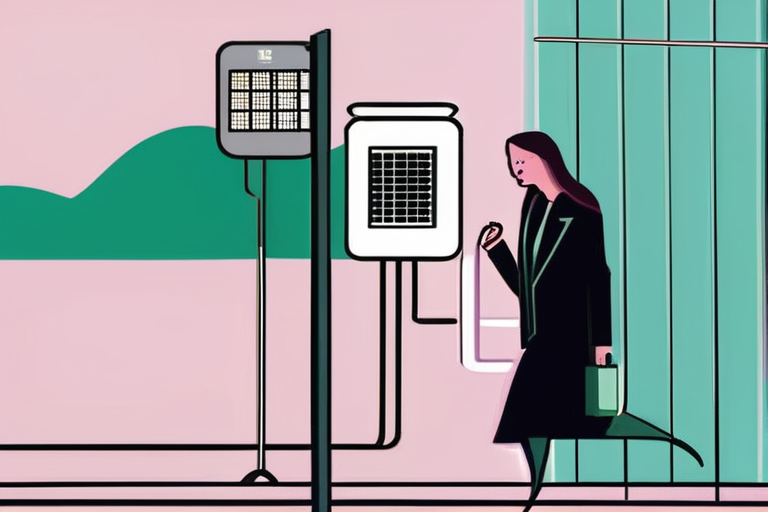



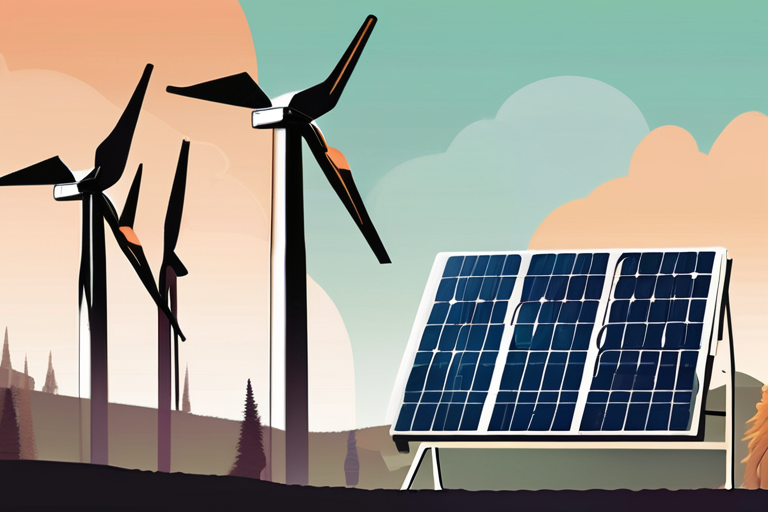

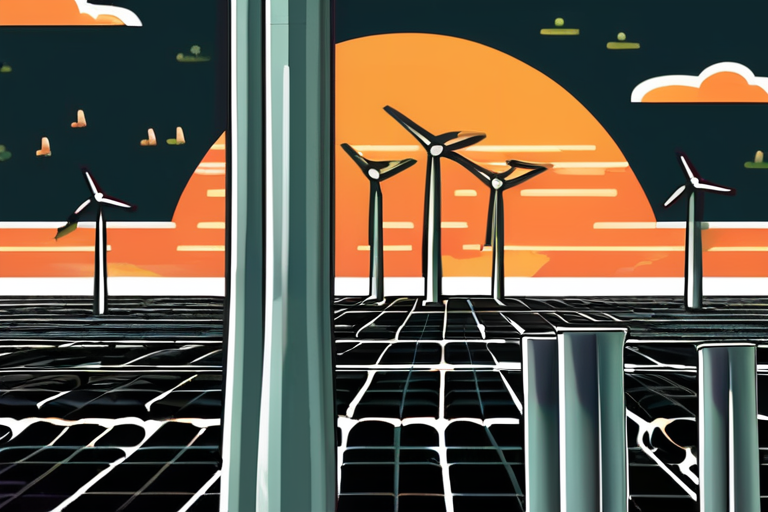

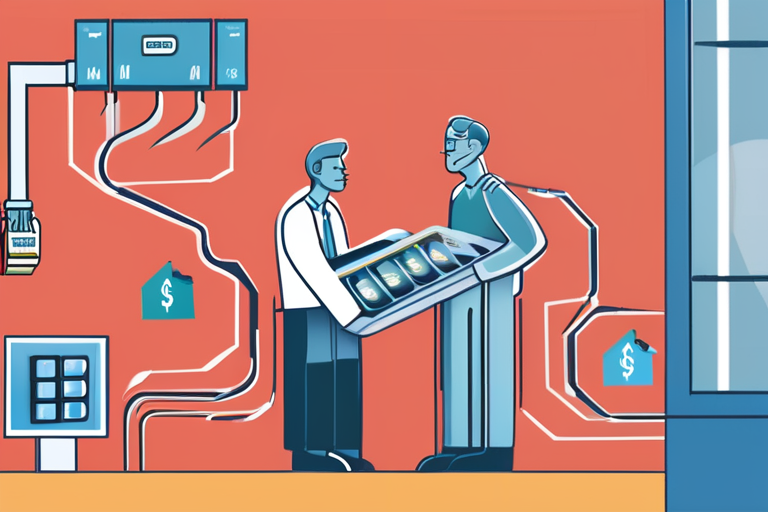
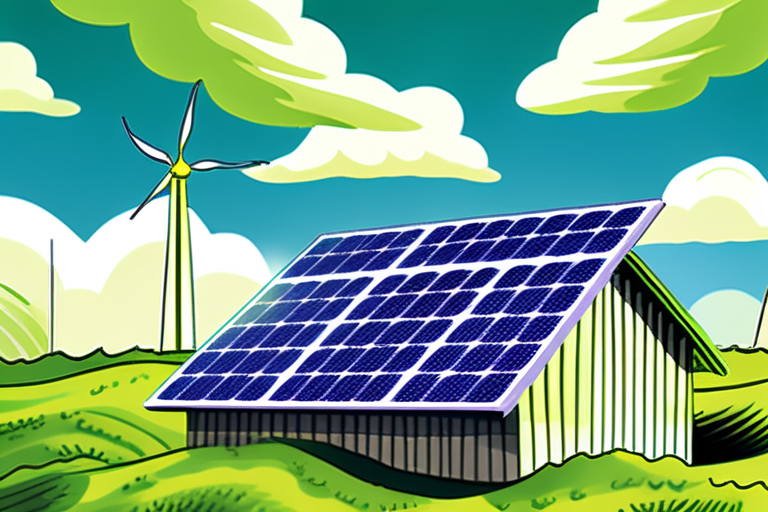
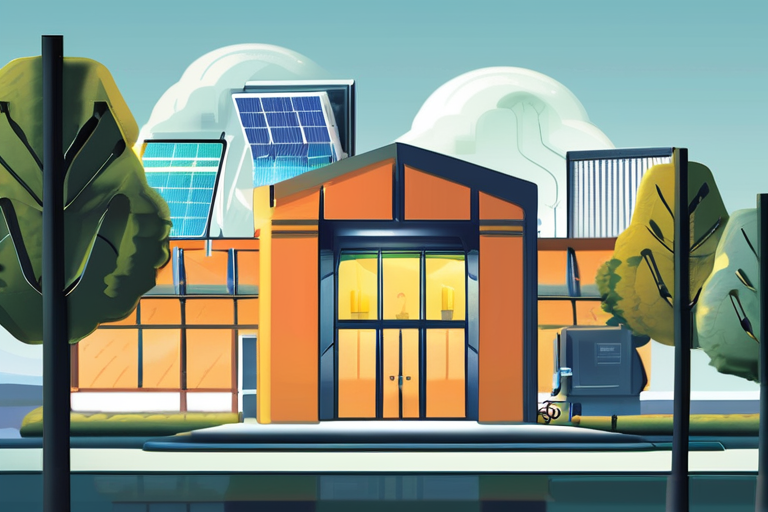
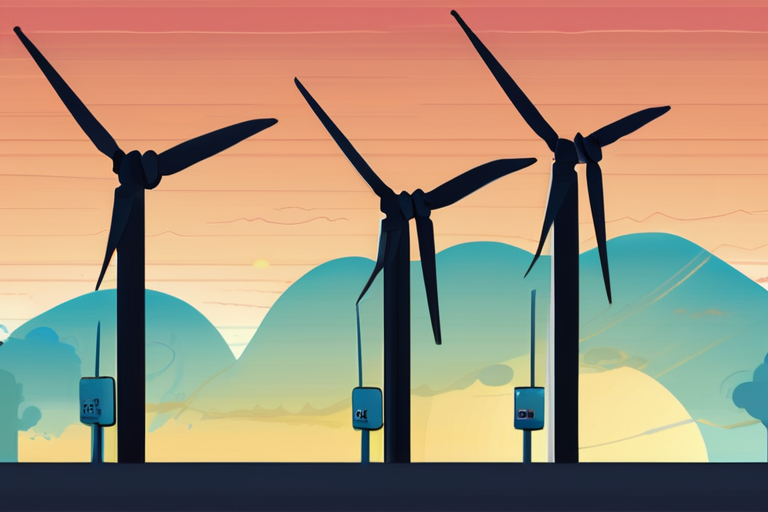


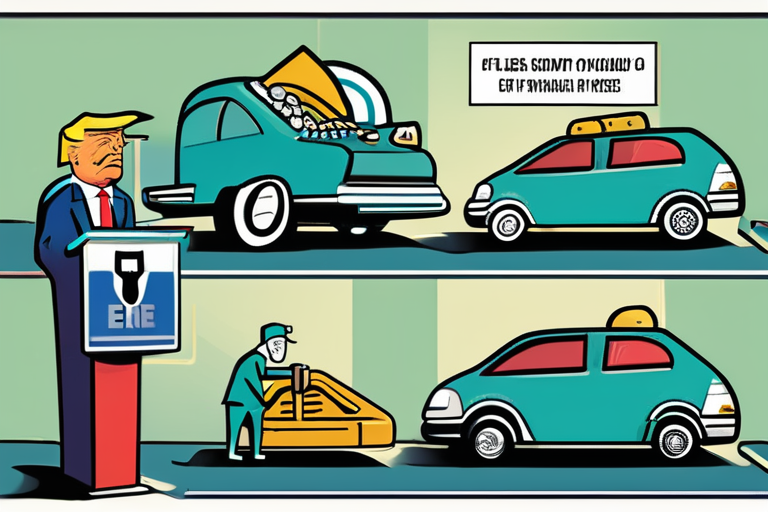
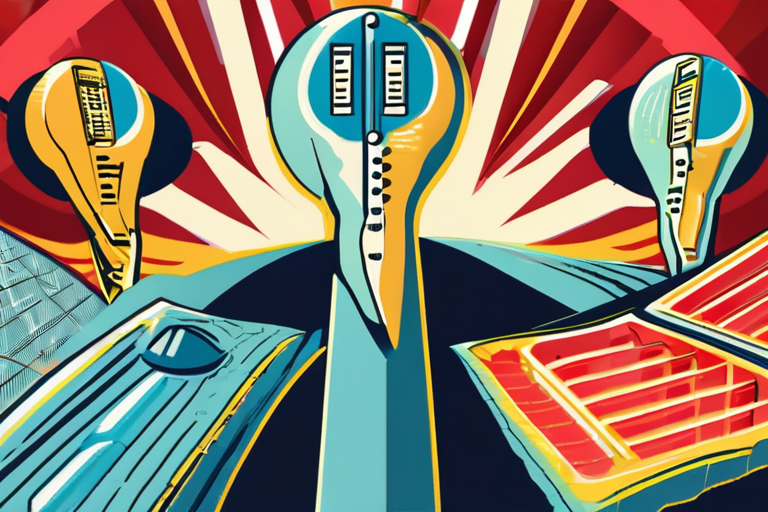

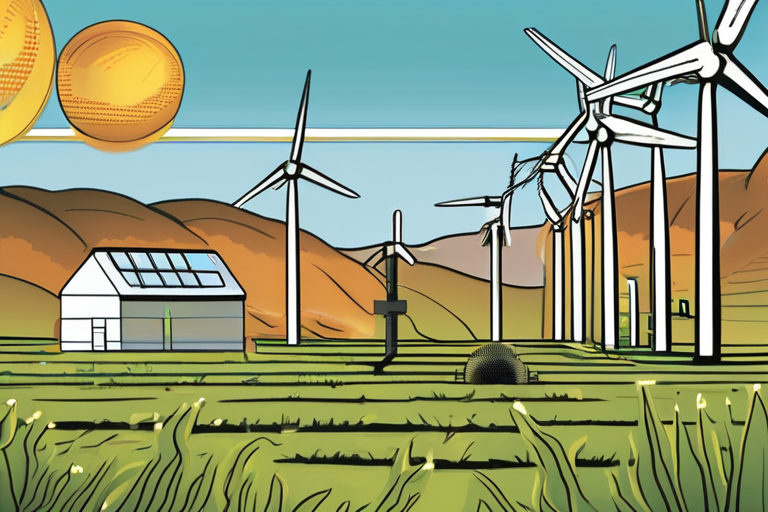
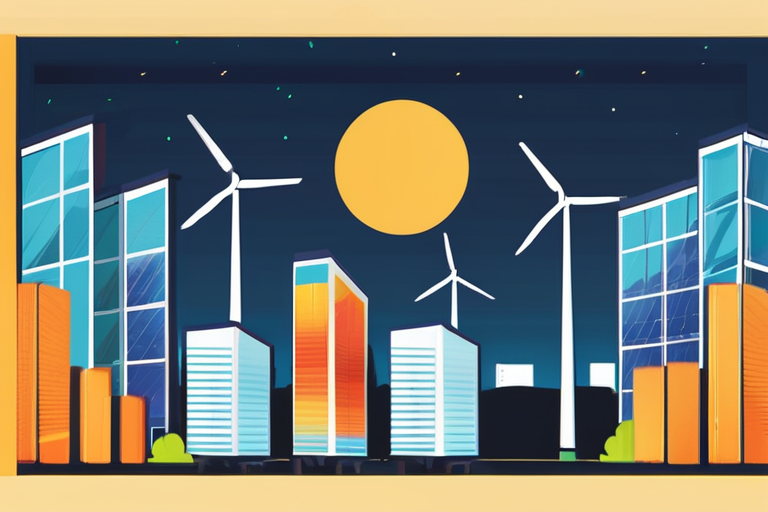


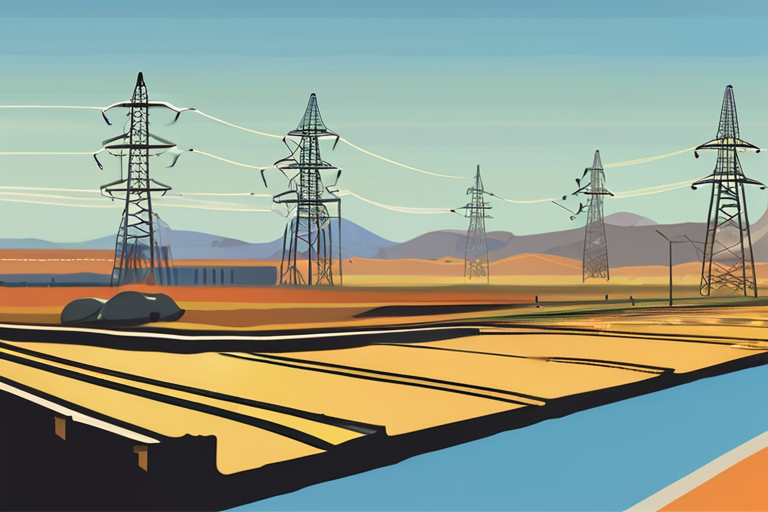
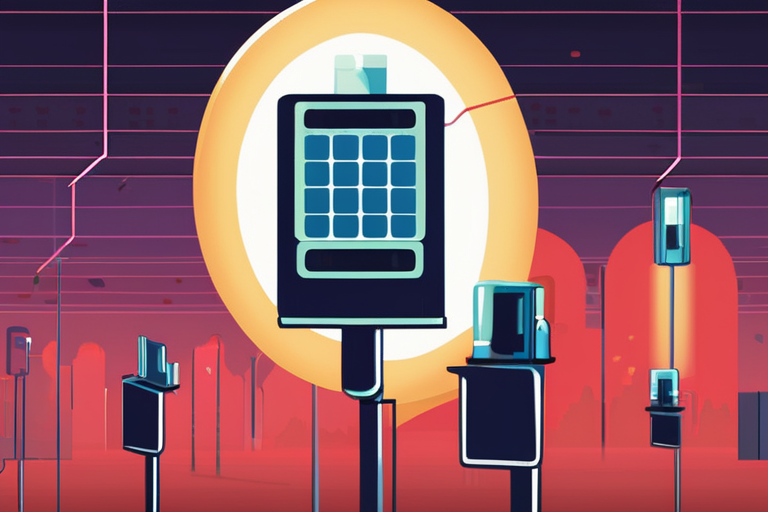

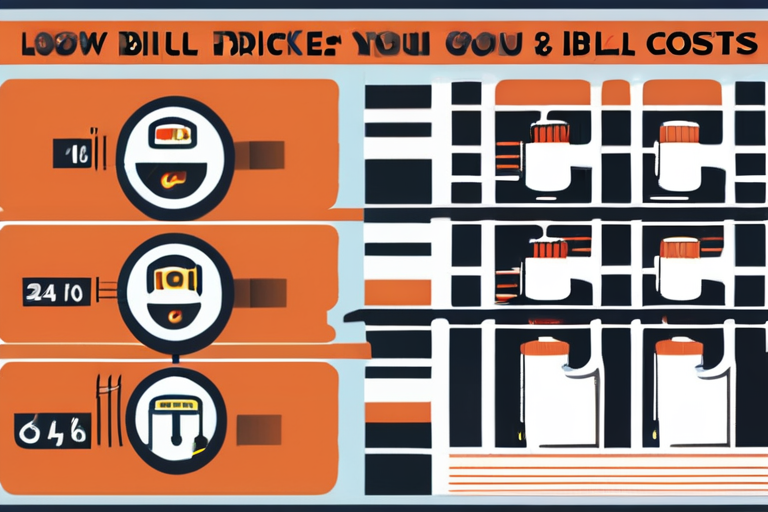
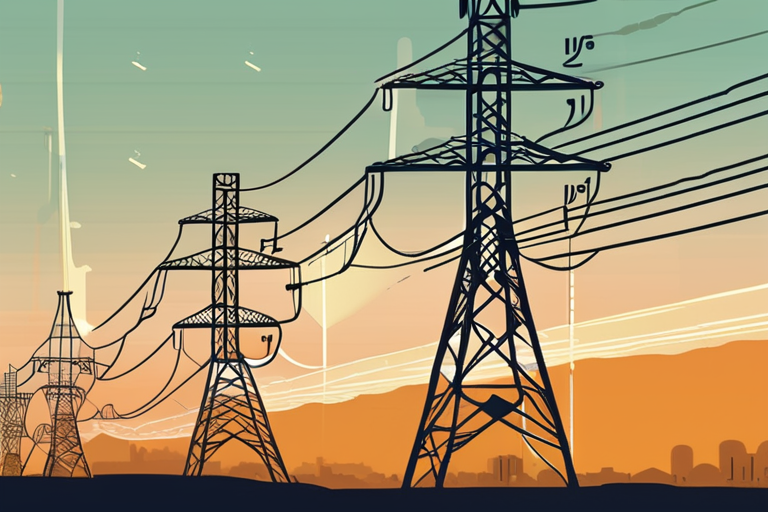

Share & Engage Share
Share this article